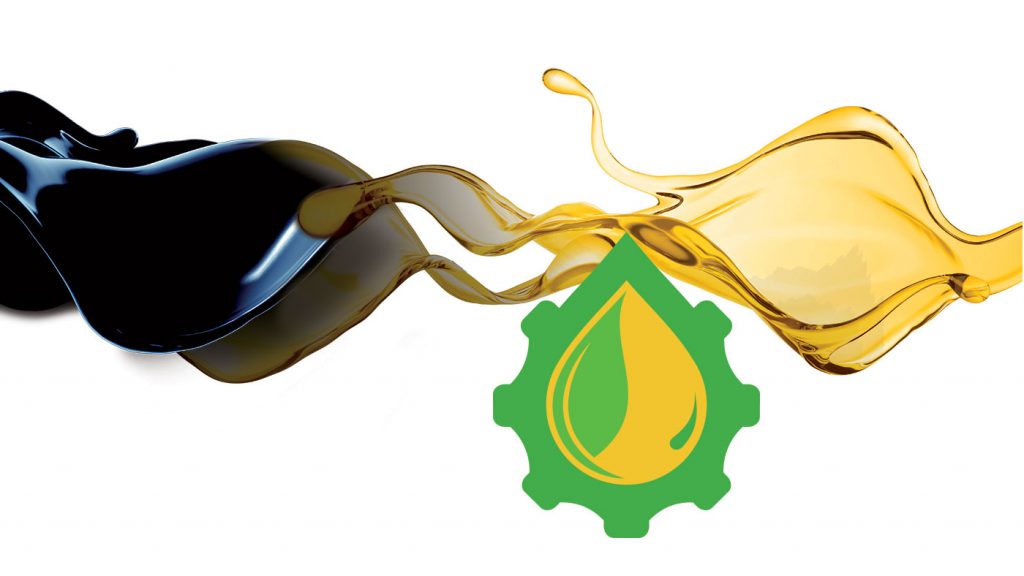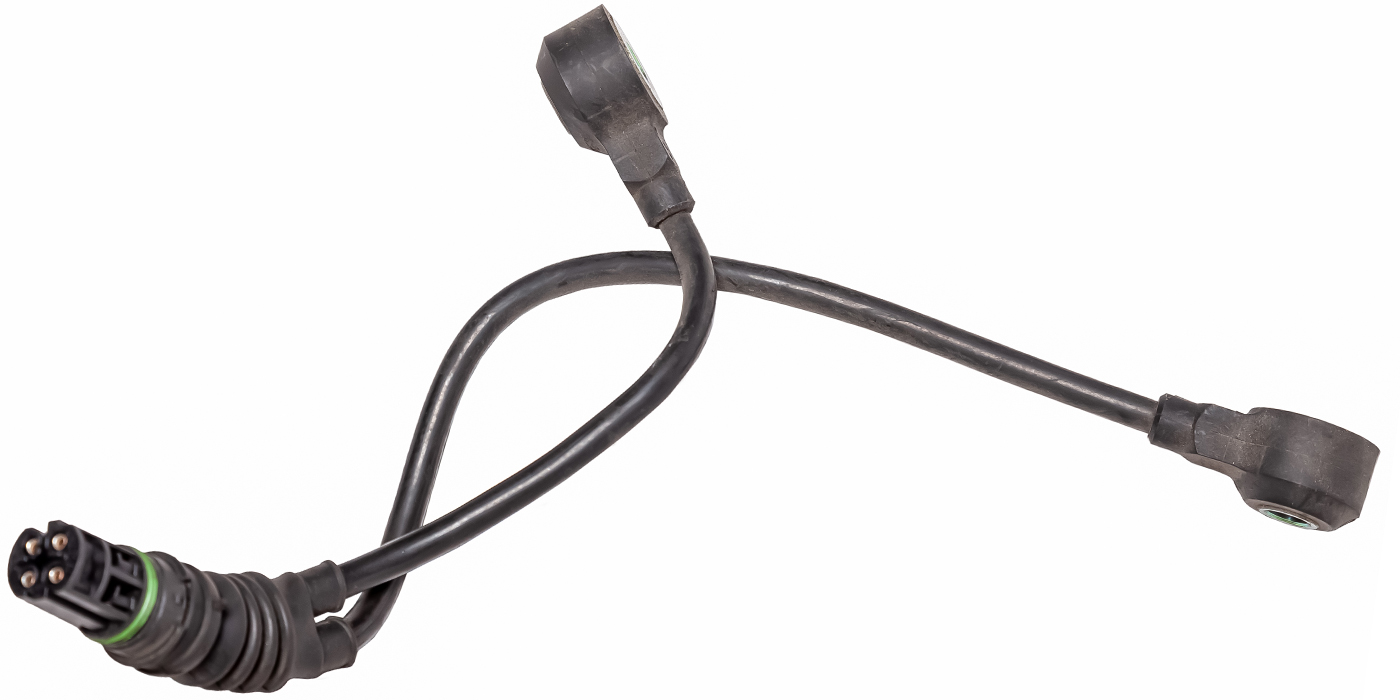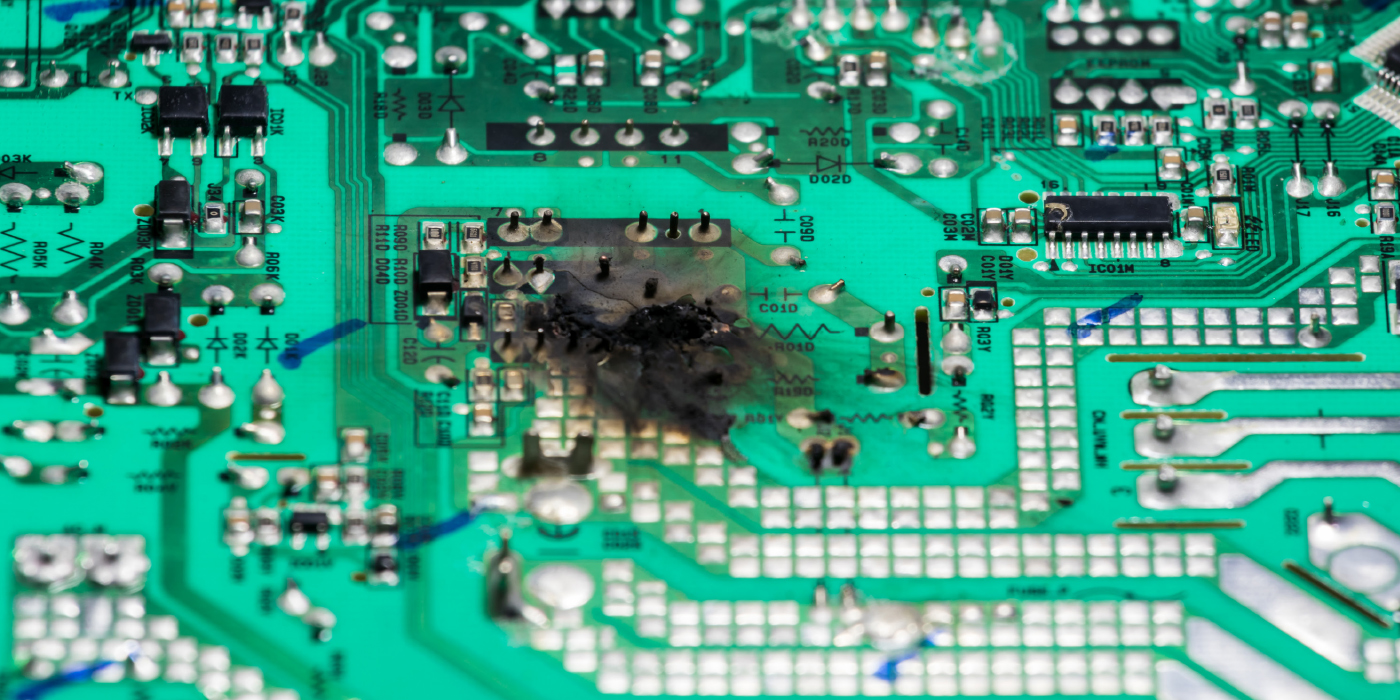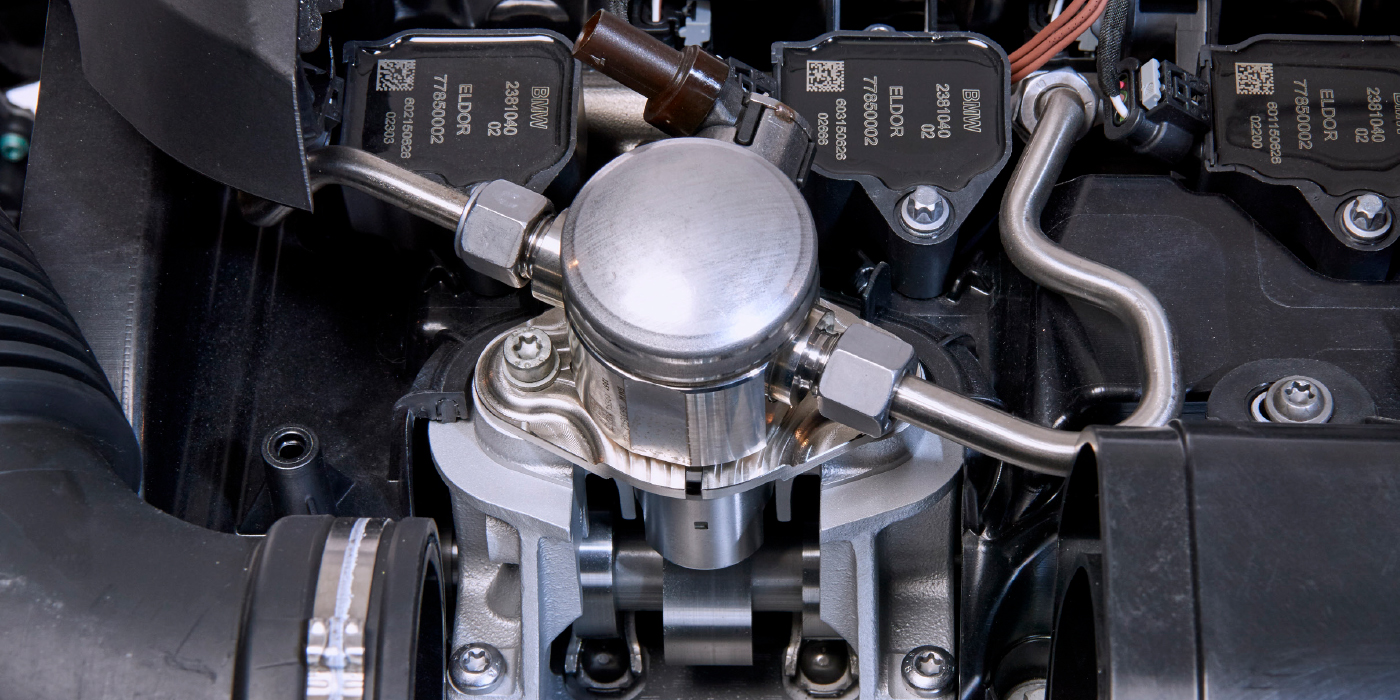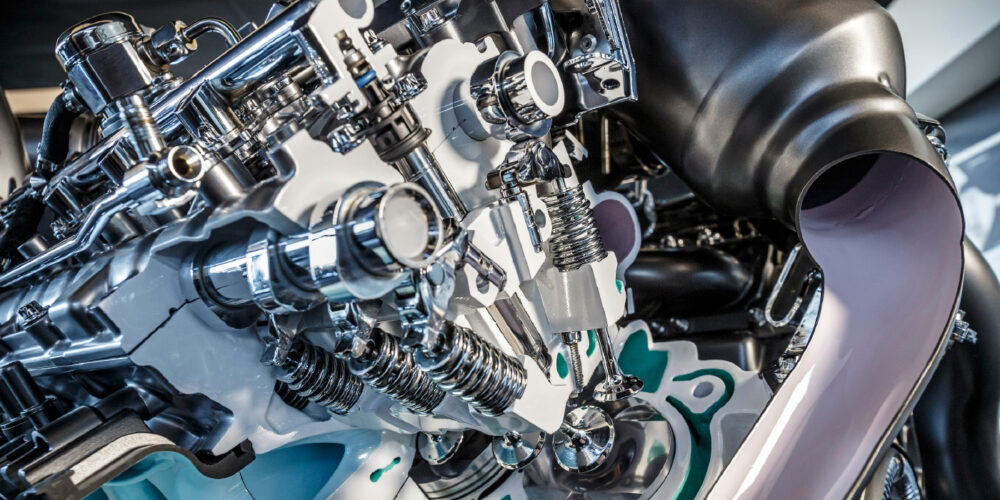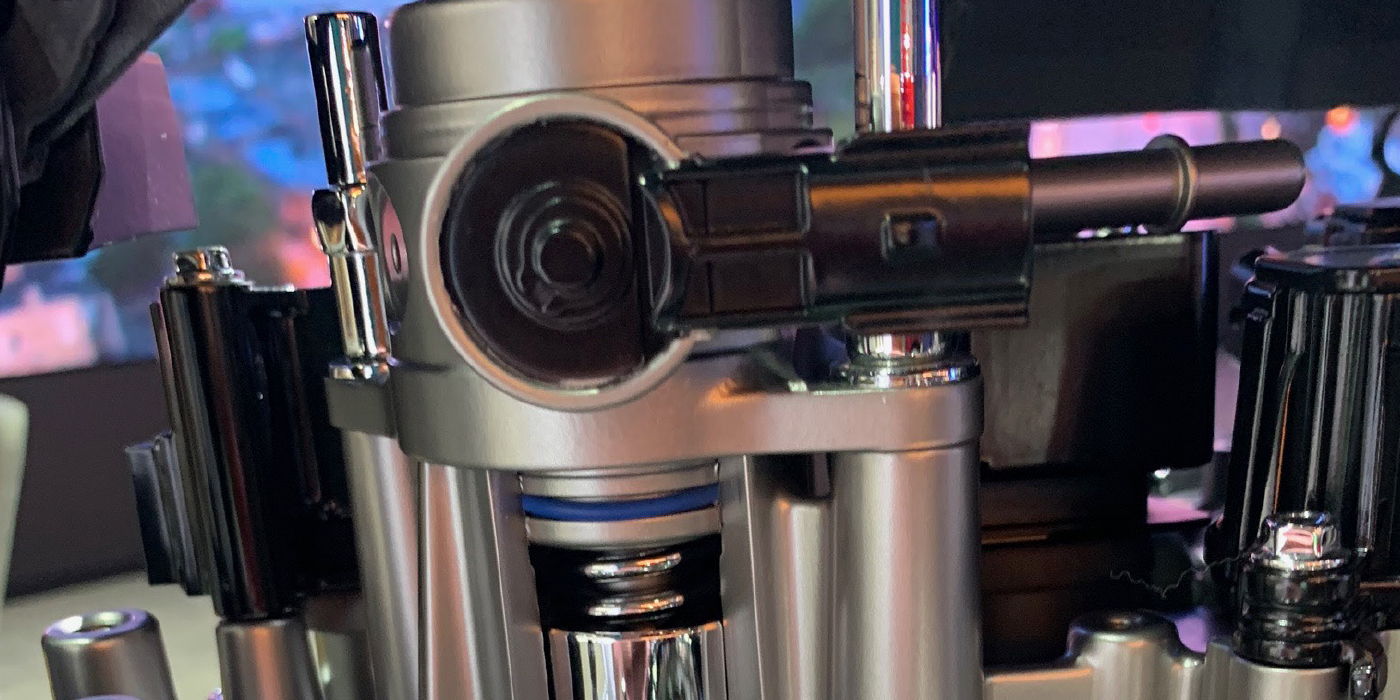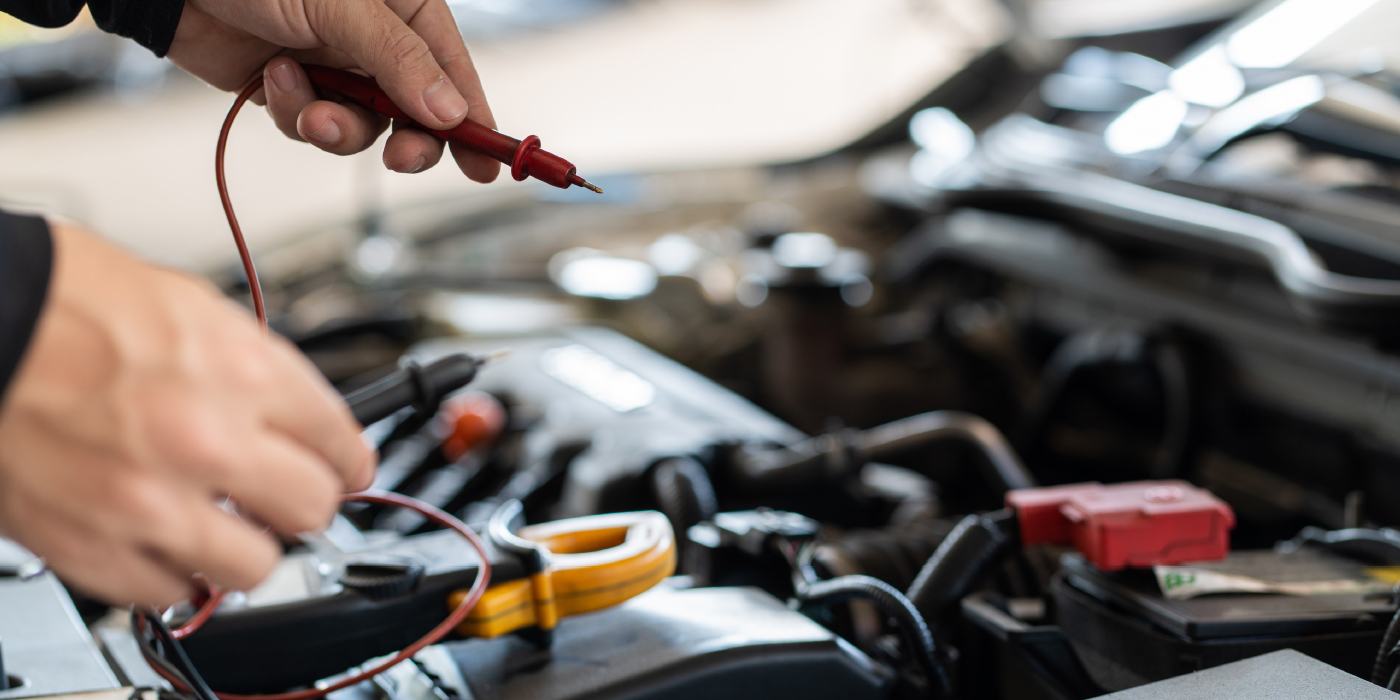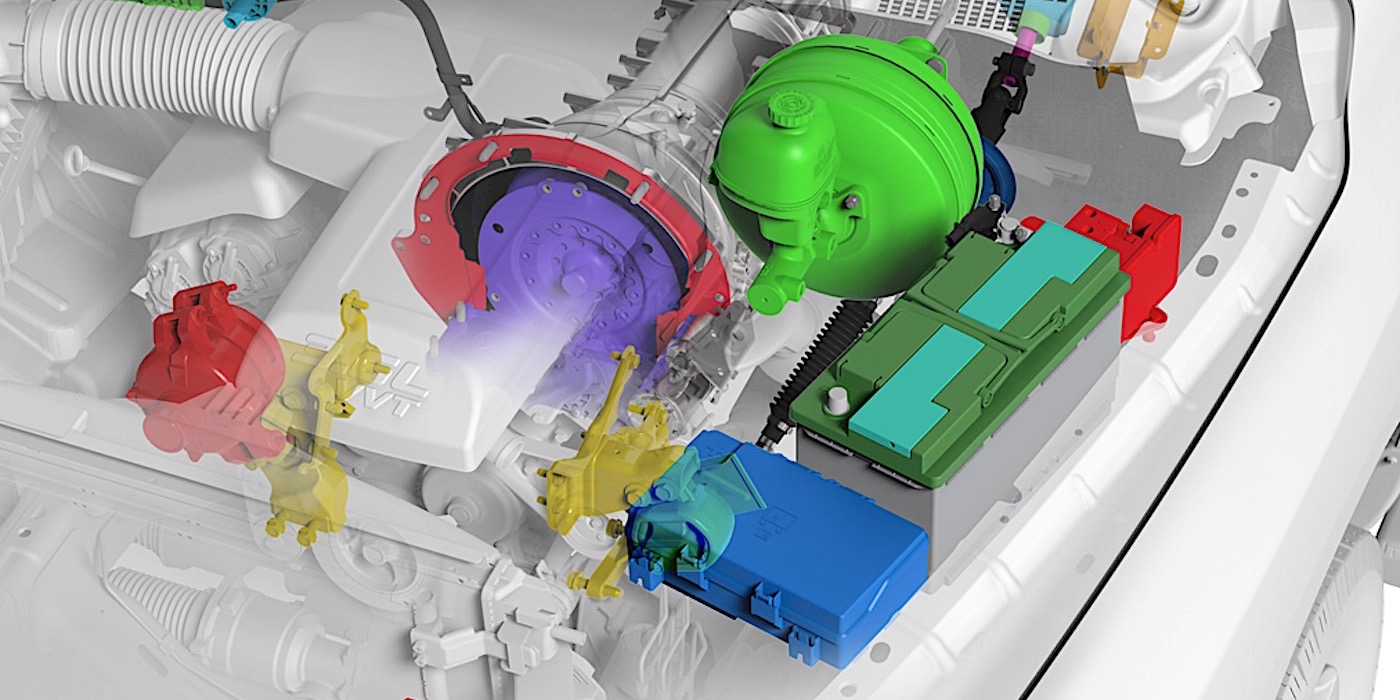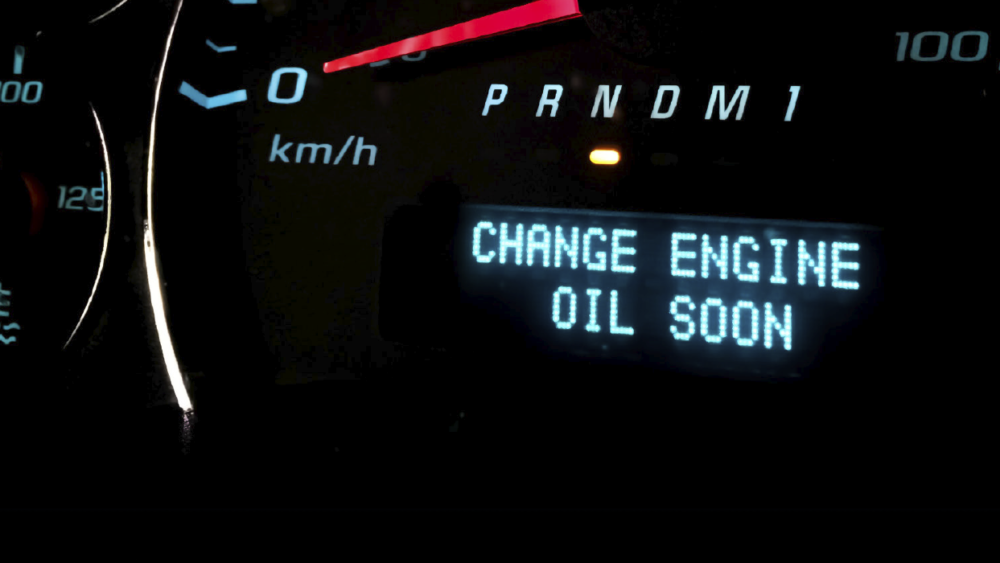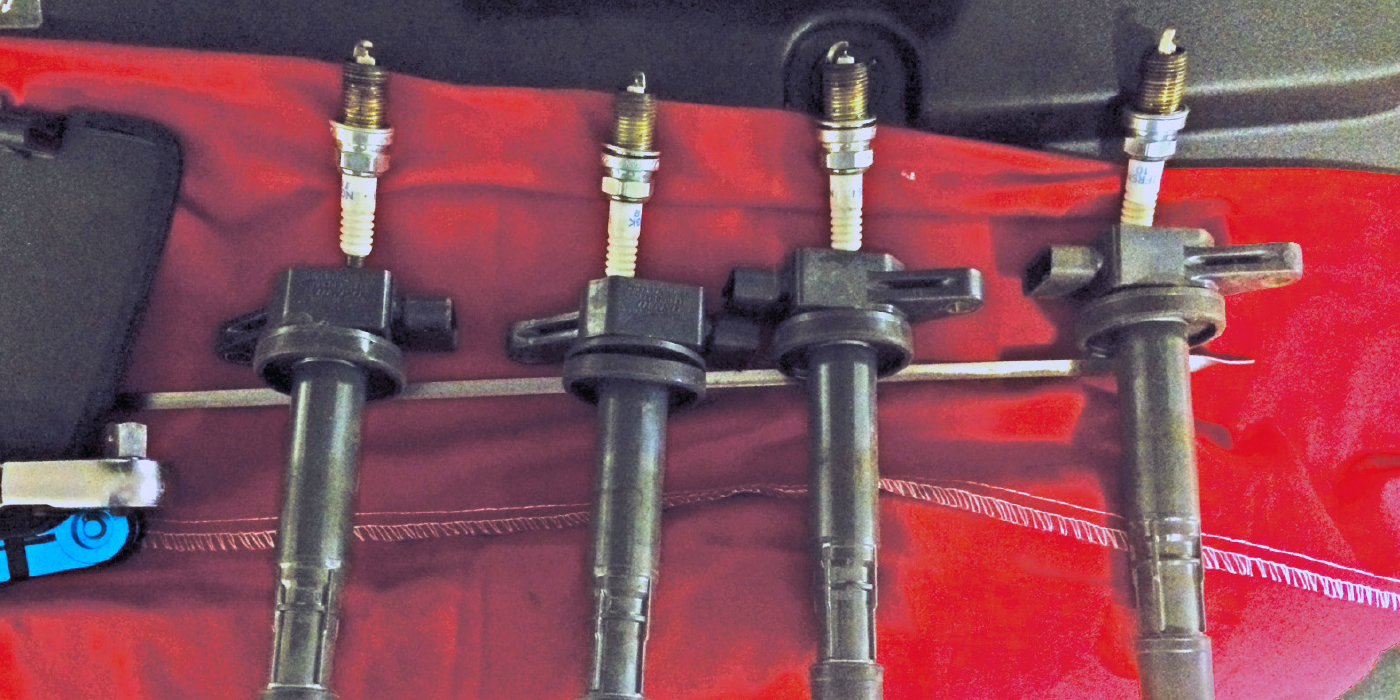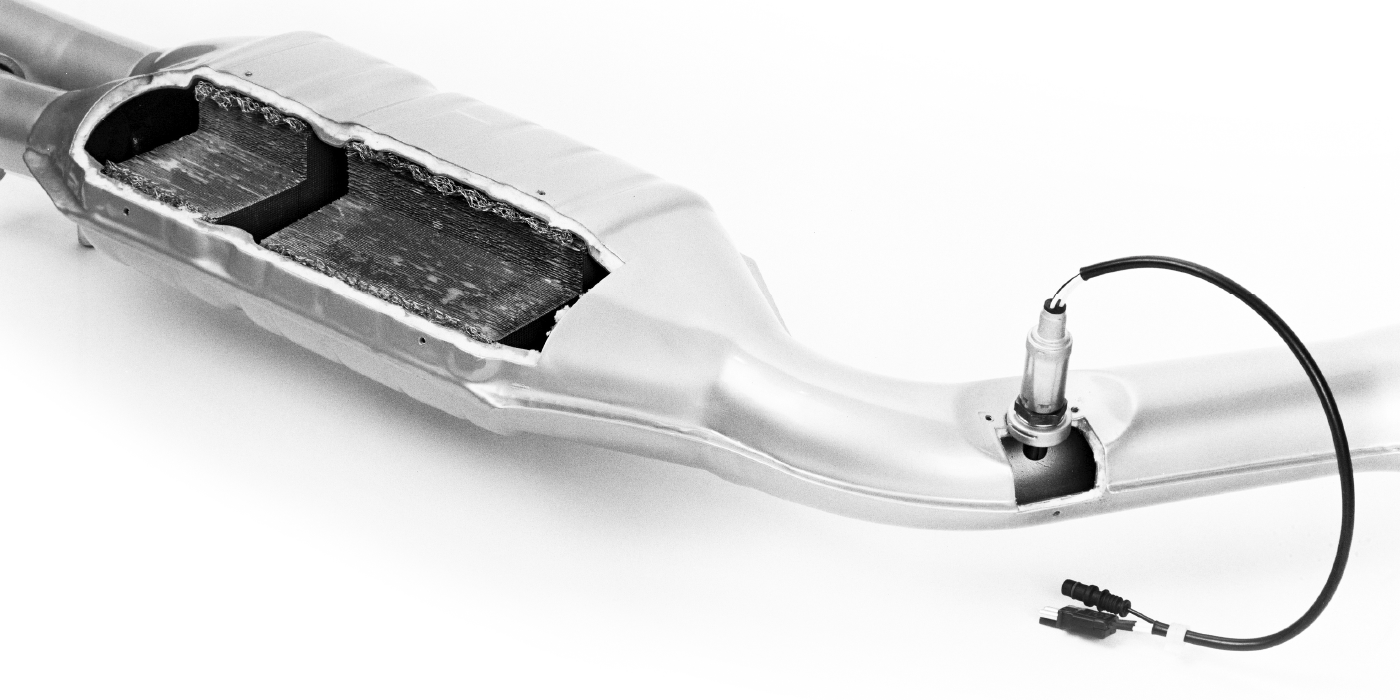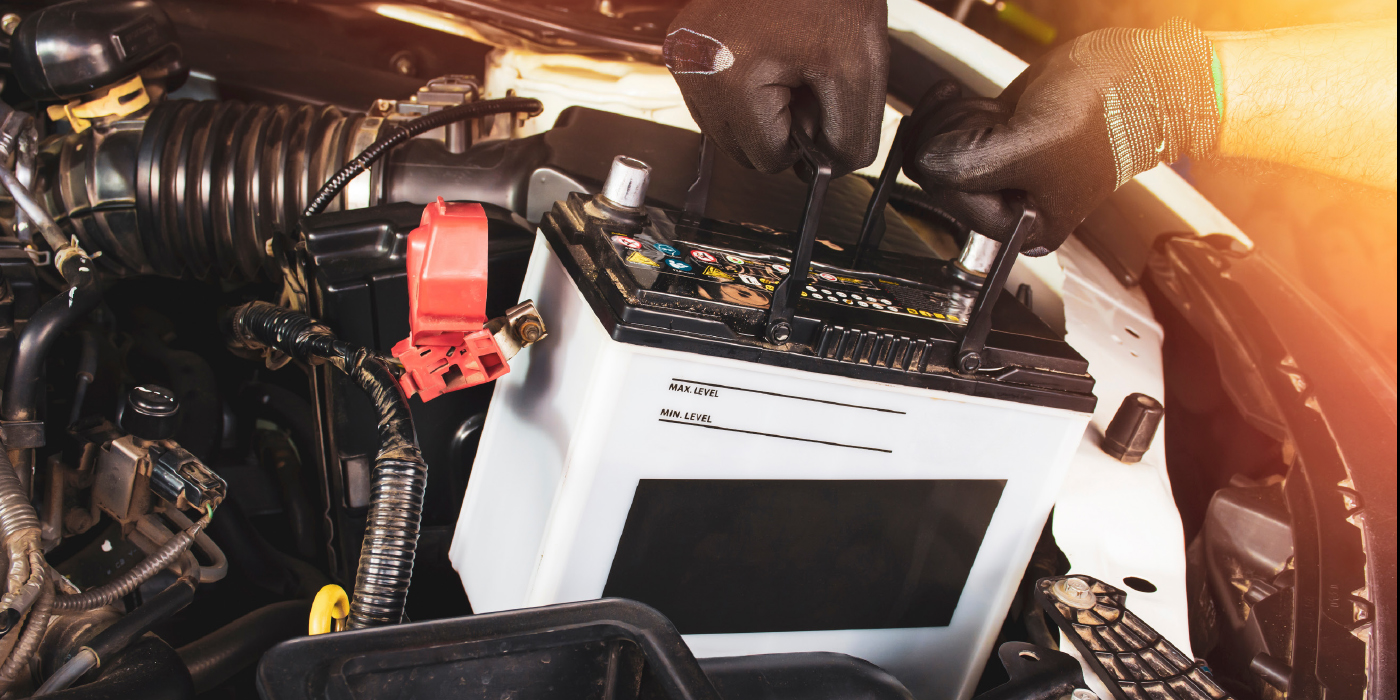A fleet manager should keep fluids in bulk, of course, but how much qualifies as “bulk” largely depends on your fluid consumption. Kenneth Tyger, director of technical services with D-A Lubricant Co. Inc., says that “it is typically recommended to turn the fluid over in the bulk tank(s) every one to two months.”
After being used, oil usually isn’t just tossed into a giant oil-specific wastebasket. Rather, oil is recycled, or re-refined. However, according to Tyger, this recycled oil isn’t always welcomed with open arms by consumers; or at least, that used to be the case.
“When first introduced, re-refined/recycled oils carried with them a common perception that they were inferior in quality. Because oil can be re-refined over and over again—oil won’t wear out, just gets dirty—there are those that felt re-refined oil would never be as good as the original, carefully blended, fully formulated product. End users essentially perceived re-refined/recycled oil as ‘used’ and not as good,” Tyger says.
Tyger was unable to say whether a fleet could potentially sell oil back to an oil marketer.
Early on, the price could also be prohibitive, says Tyger:
“If anything, the process of re-refining [vacuum distillation, hydrotreated] costs more and takes more energy to do, usually meaning higher costs, with some manufacturers interested only in 50/50 recycled oil as a promotion, however prices had been prohibitive. The fact of the matter is that like ‘traditional’ base oil refining, the process of re-refining or recycling oils must be done correctly to produce a quality product.”
While the general idea in the ‘80s and ‘90s was that recycled oil was of poor quality, that has changed some over the years.
“There are a number of manufacturers today that specialize in recycling waste oil,” he continues. “In my opinion, are doing it right. In addition, there are a number of highly recognizable OEMs that consider re-refined or recycled oil a viable option and have gone on record stating that the use of such oil in no way violates or voids their equipment warranties. As a matter of fact, one well-known OEM factory fills their engines with re-refined oil.”
Per Corey Trobaugh, Ph.D., director of corporate materials science and technology at the Cummins Technical Center, “Cummins Engineering Standards on specific engine oil requirements do not prevent the use of re-refined oils as part of the overall formulation.”
That being said, Cummins does have oil requirements to be met.
“We ask the oil companies to meet a long list of performance requirements before they become registered to a particular standard,” Trobaugh said. “Manufacturers are free to use whatever combination of base oil they’d like as long as all of the performance requirements are met in the standard.”
American Petroleum Institute (API) does not have a designation for re-refined oils.
Though recycled oil has had to fight a bad reputation in the past, most managers can agree that an oil that’s priced right and works well is all that matters in the end.
This is Part II of a two-part series of columns; you can read the first part here.

